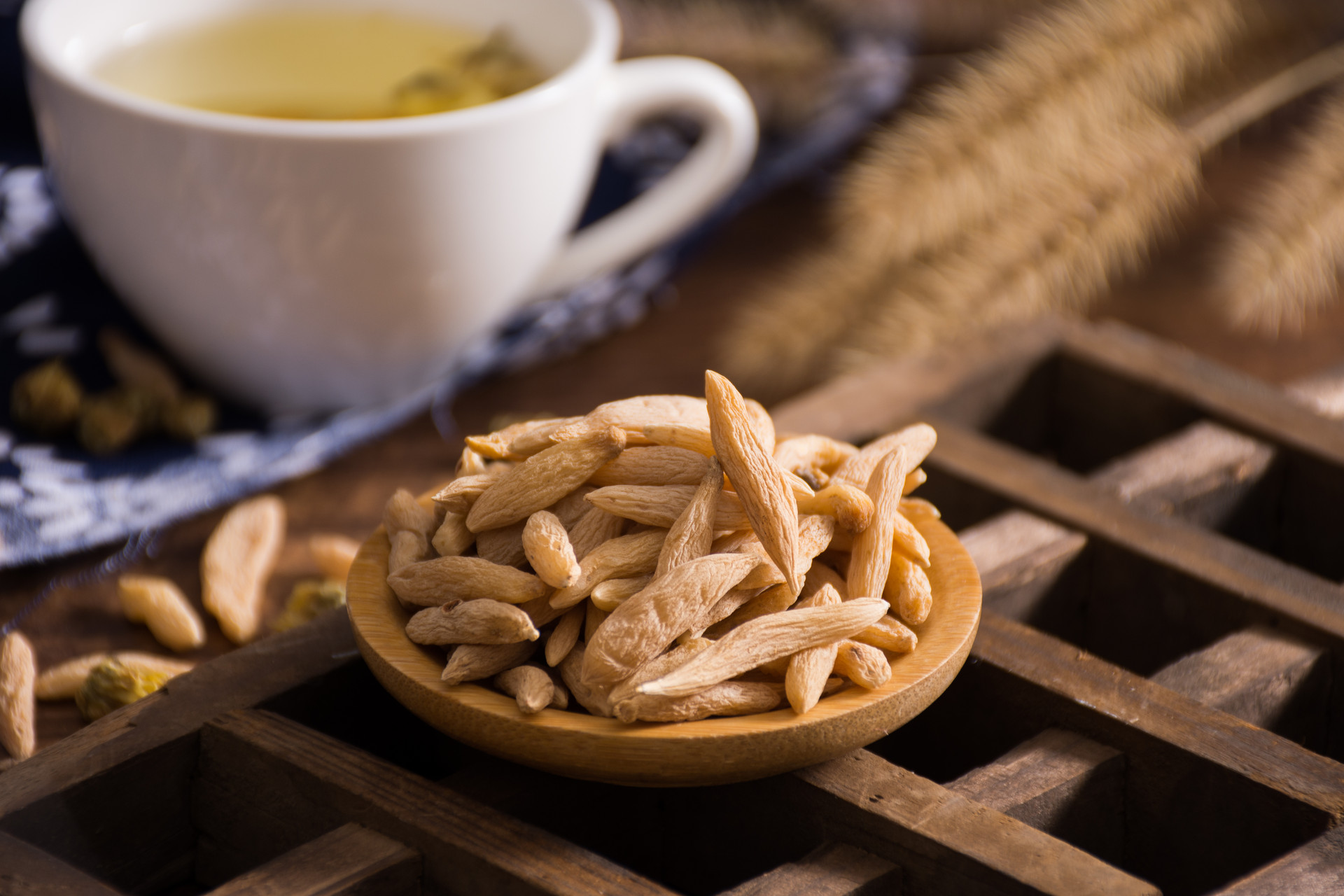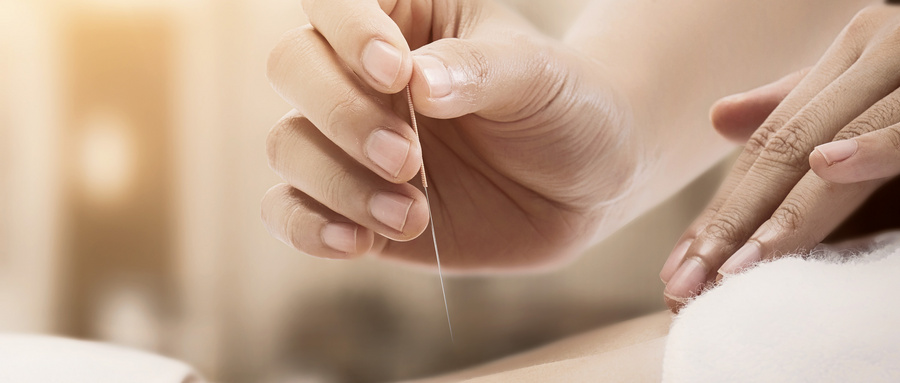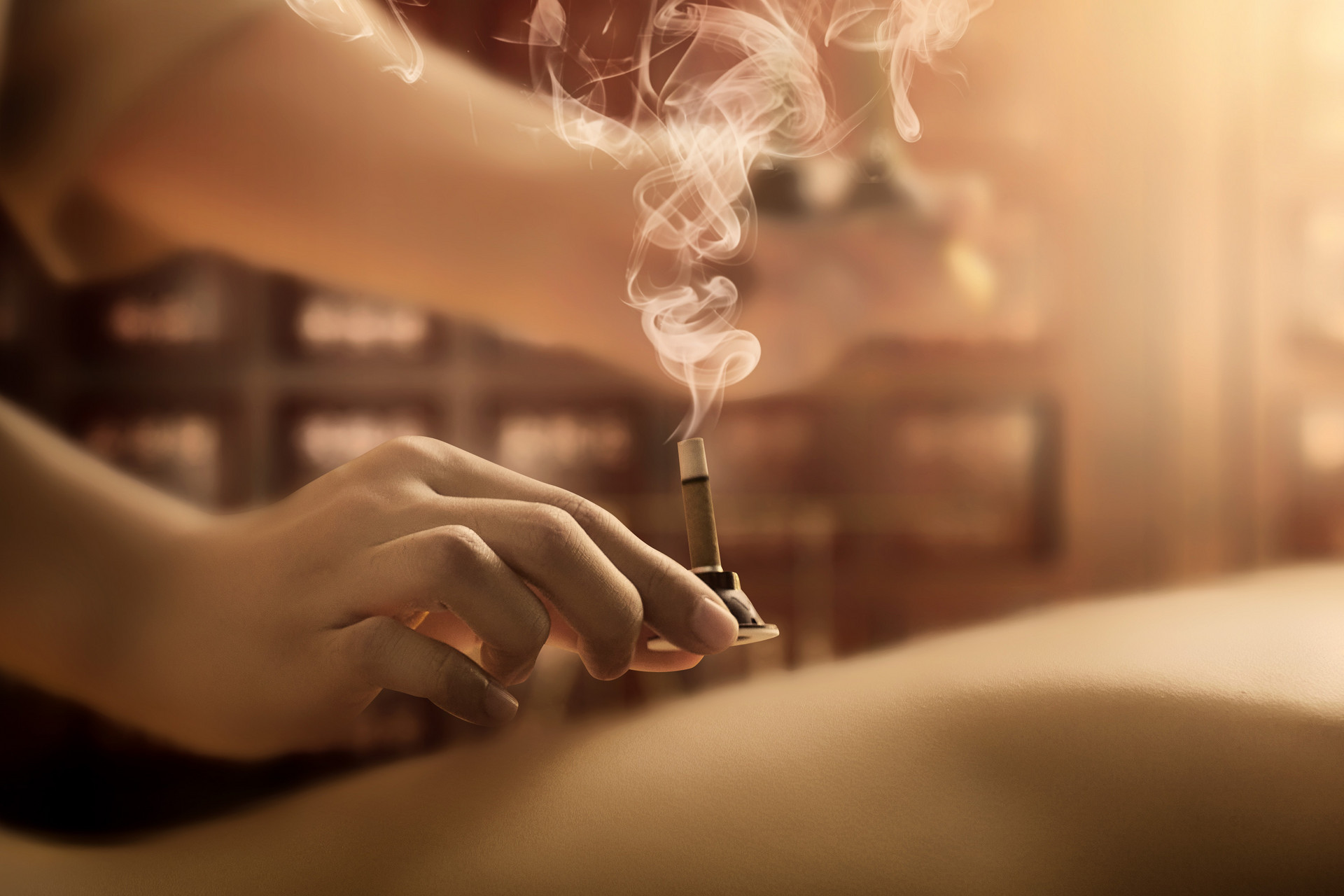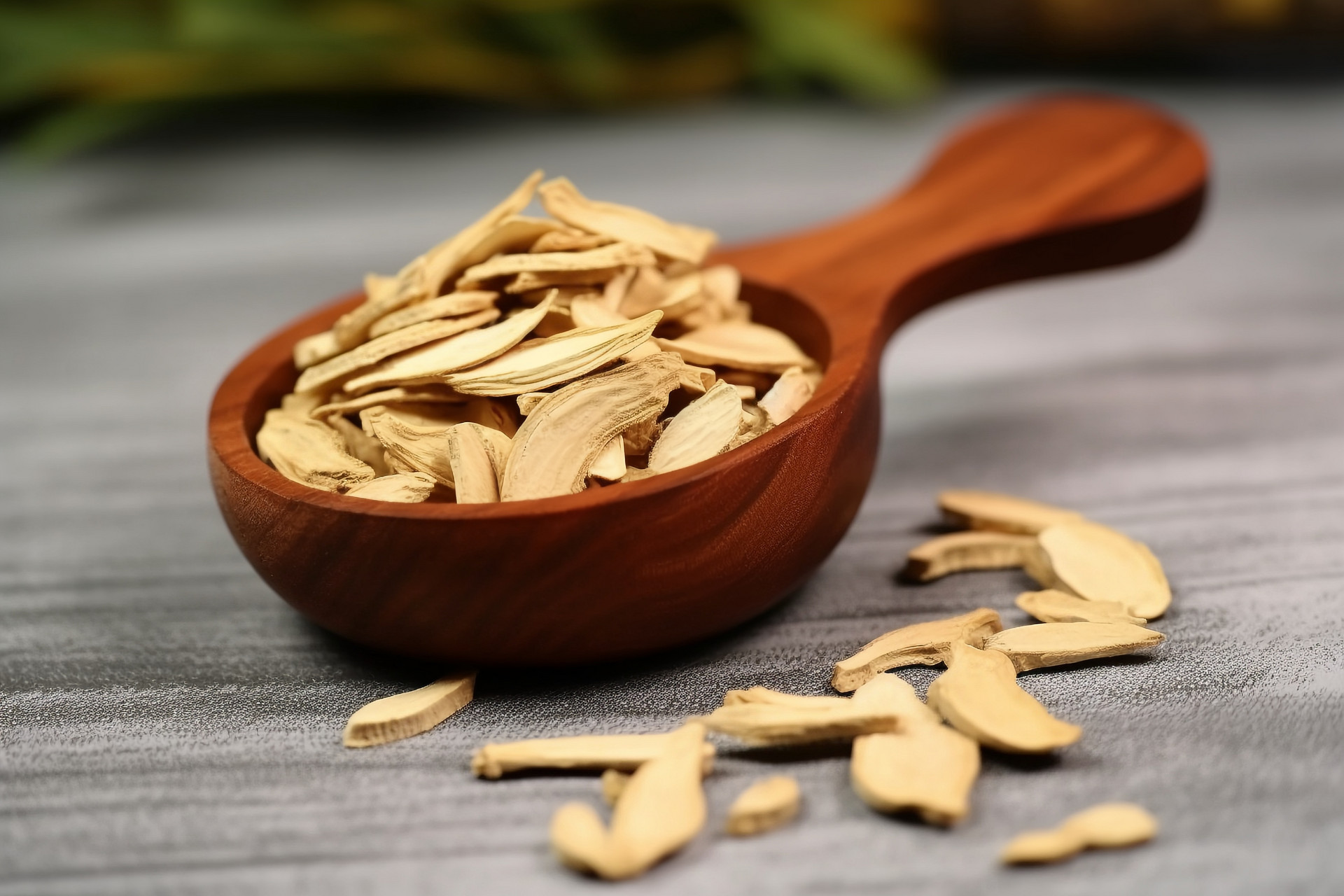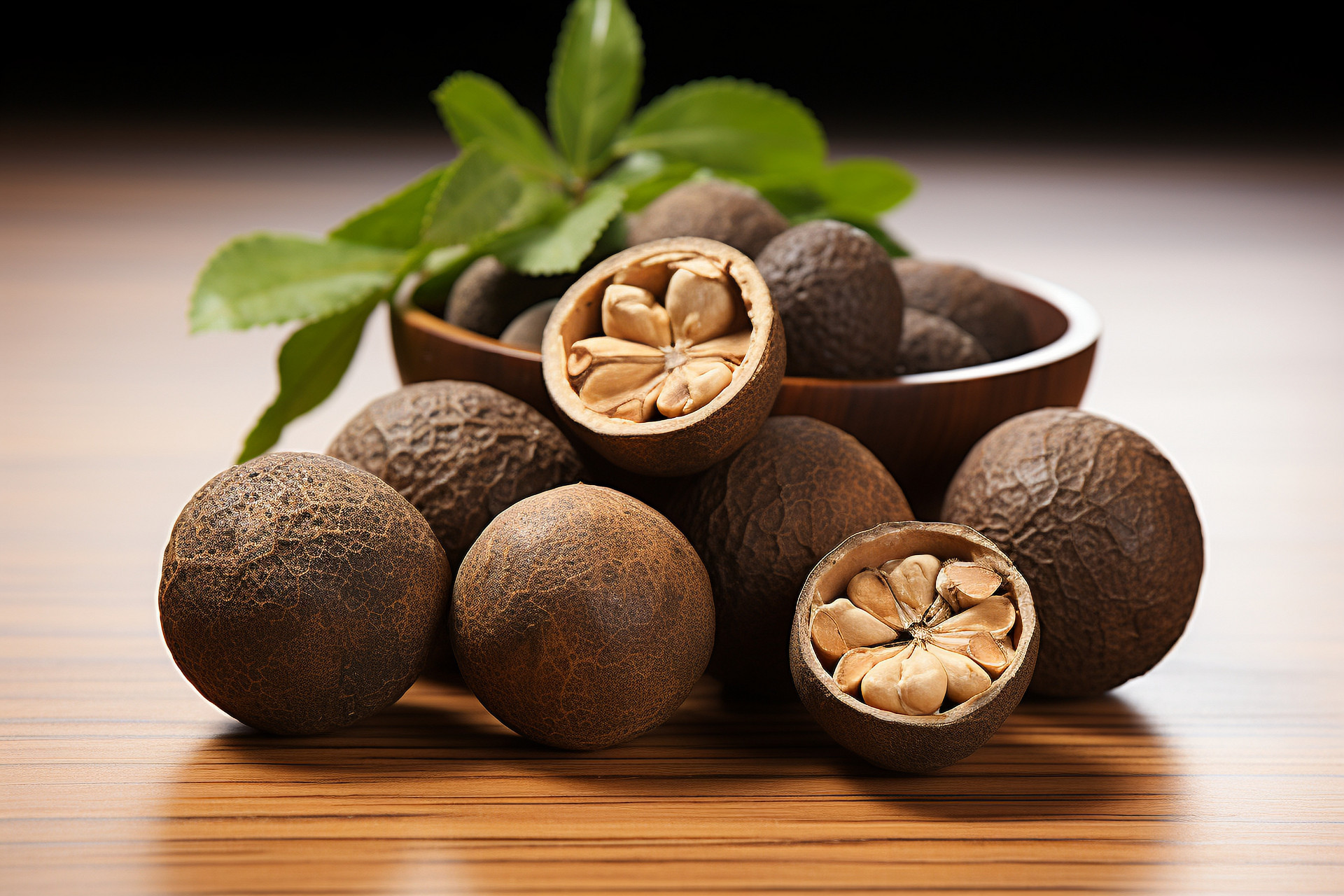1. Okra:
When soaked in hot water, it expands and becomes sponge-like, reaching up to 8 times its original size. Fake okra seeds only expand to 2 times their original size.
2. Saffron:
When soaked in water, the water turns golden yellow and the saffron does not fade.
3. Sandalwood:
When the fragments are put into hot water, the water turns red. Fake sandalwood, which is made from dyed wood, will turn the water light yellow, yellow, or orange when soaked in hot water.
4. Baikal Skullcap:
The authentic product does not produce any foam when soaked in water. However, fake Baikal Skullcap will produce a strong foaming reaction in water.
5. Cow Bezoar:
When placed in clear water, it absorbs water and becomes moist, but it does not deform, dissolve, lose color, or become turbid. When mixed with a little water and applied to the nails, it will turn the nails yellow, commonly known as "nail staining". Fake cow bezoar is often made with powdered herbs such as Coptis chinensis, rhubarb, turmeric, or egg yolk, with added plant pigments. When soaked in water, it quickly dissolves, breaks apart, and becomes turbid.
6. Toad Venom:
The authentic product will quickly release a milky liquid when water is applied to its surface or cut surface. The adulterated product will also release a milky liquid when water is applied, but the liquid will come out slowly and will not rise.
7. Donkey-hide Gelatin:
When dissolved in boiling water, the solution turns reddish-brown, is clear, and does not have any sediment at the bottom. Fake donkey-hide gelatin will dissolve into a brownish-brown solution, with large pieces of gelatin and black residue sinking to the bottom. Substitutes for donkey-hide gelatin will have a brownish-brown solution with black residue and flocculent material, often with sediment, and will appear turbid and opaque, with a layer of fat on the surface.



